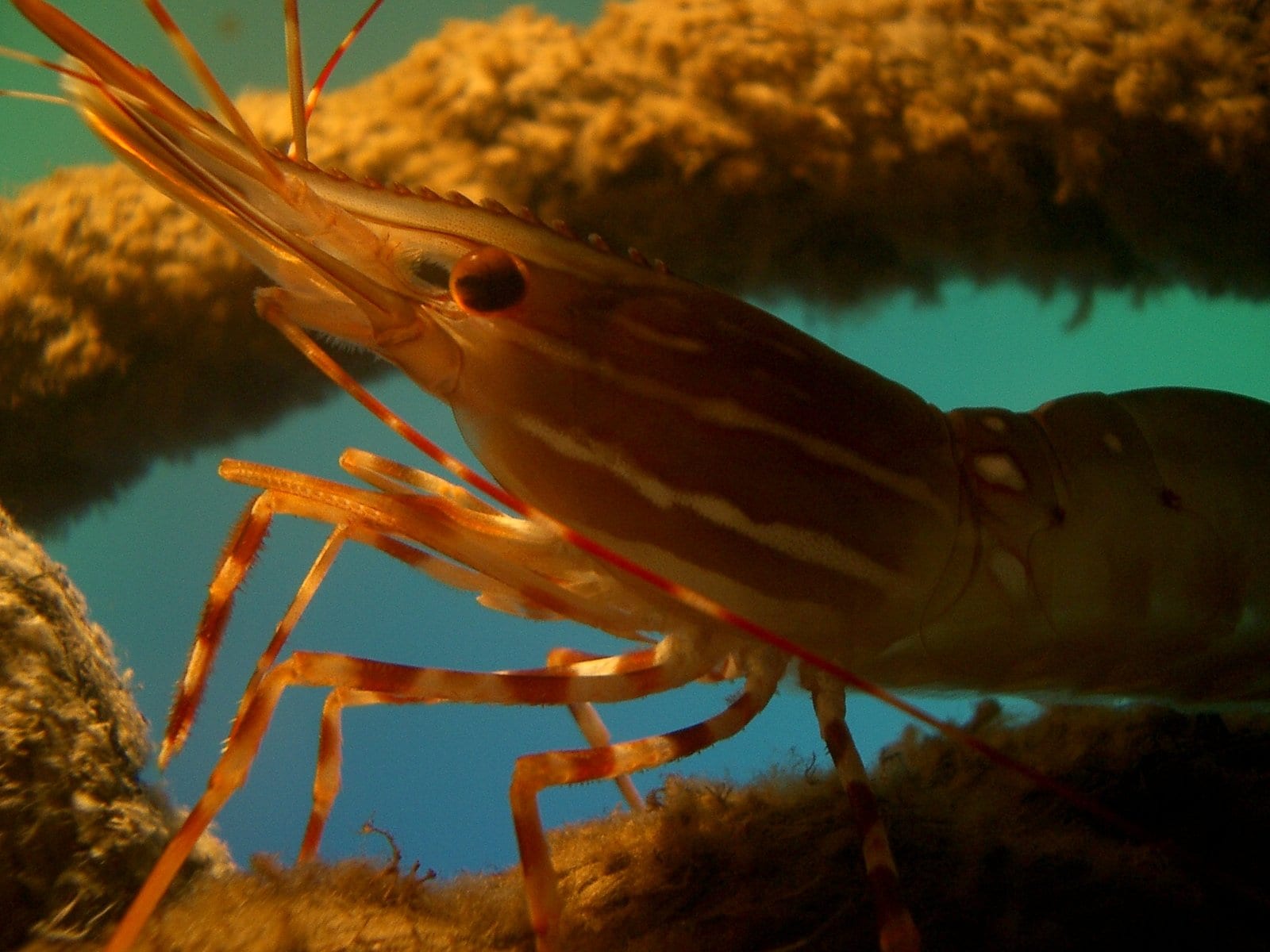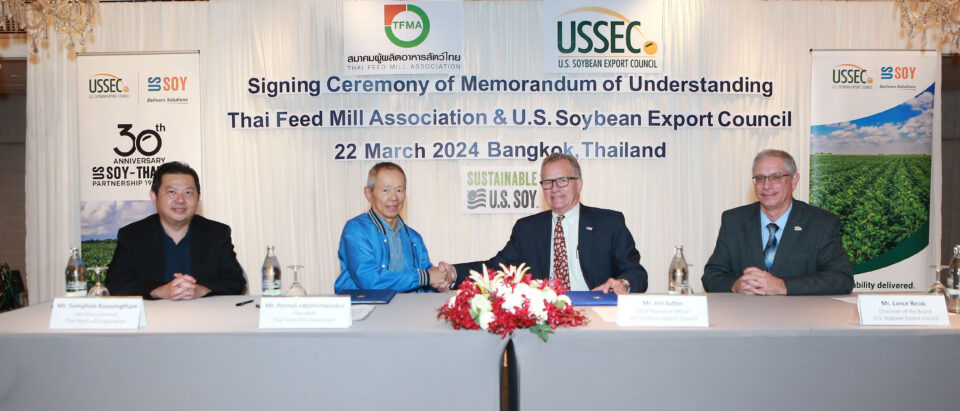
USSEC continues to guide the shrimp aquaculture industry in Indonesia to follow the Global Aquaculture Alliance’s (GAA) Best Aquaculture Practices (BAP) standard that is linked to the U.S. Soy Sustainability Assurance Protocol (SSAP) standard.
On June 8, USSEC Technical Consultant – Aquaculture, Southeast Asia, Indonesia Pamudi took part in a virtual meeting with ten Indonesian aquaculture stakeholders.
The Indonesian government has pushed producers to double the production of shrimp in the next four years, but to do so sustainably. The country’s shrimp aquaculture industry holds regular meetings to improve sustainability and competitiveness in the sector. Following the recent completion of a shrimp production roadmap, the most recent meeting continued to discuss the draft national Standard Operating Procedure (SOP) for shrimp farming practices. The SOP aims to serve as the standard for shrimp farmers to use as a guideline for best management practices and environmental management.
Improving sustainability, however, requires a lot of synergy and collaboration amongst shrimp aquaculture industry stakeholders. One option is to use current certification standards as a guideline and direction for the future. In this case, the GAA-supported BAP standard was determined to be suitable for the Indonesian shrimp industry to adopt. It was felt that the agreed upon national SOP and commercial BAP standard could be the basis for productive, sustainable, and competitive production of shrimp in Indonesia.
“BAP standard adoption will ensure Indonesian shrimp production remains sustainable and competitive in global market,” states Dr. Sukenda, of the United Nations Industrial Development Organization (UNIDO).
USSEC continues to promote sustainable shrimp production approaches to industry stakeholders in Indonesia. BAP has a complete set of standards for shrimp along its supply chain. Indonesian shrimp exports are primarily for the U.S. market, which often requires BAP certification. BAP has also set feedmill standards that require feedmills to source certified sustainable ingredients, including soy, for feed production. This feed mill standard favors U.S. Soy as SSAP is listed as one of accepted criteria for sustainable soy. The demand for more BAP-certified products along the shrimp supply chain is growing and this means that more feedmills will be seeking certified sustainable soy, such as U.S. soy products through the SSAP standard.
Indonesian shrimp feed production is about 350,000 metric tons (MT) annually with an average soy inclusion rate of 30% in the diet. If 50% of soy for shrimp feed production should be certified sustainable, then about 50,000 MT of soy is required for shrimp feed production yearly. The adoption of the BAP standard will encourage feed mills to source for certified, sustainable soy.

